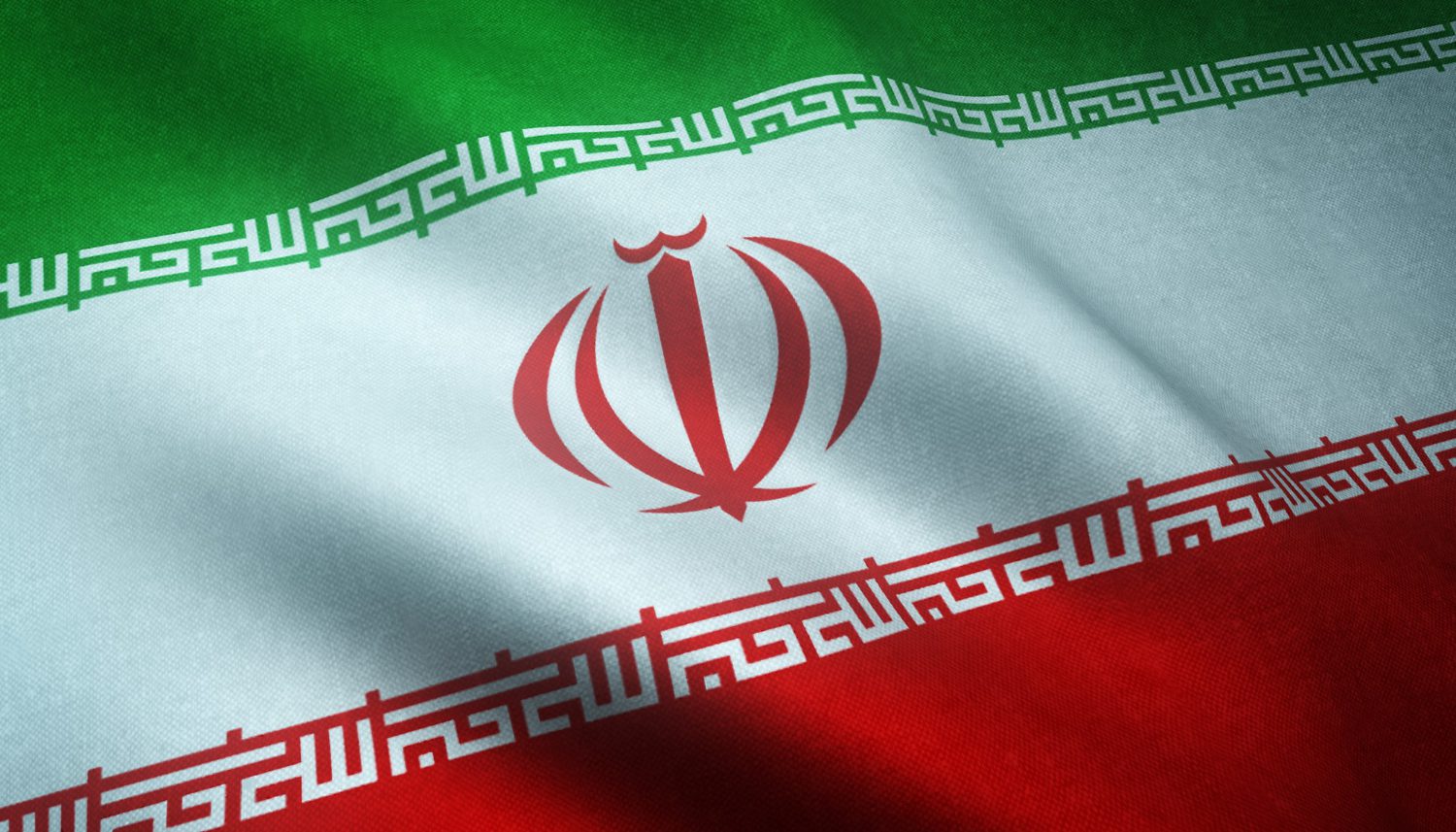Iran has sentenced an ethnic Iranian-Kurdish pregnant woman, Shahla Abdi, to death, according to an report by IranWire. Abdi, who is said to be in her early 20s and from the north-western province of West Azerbaijan, was arrested in Urmia in mid-October during mass protests sparked by the death of a woman in morality police custody. She has been accused of setting fire to a portrait of former Iranian supreme leader Ayatollah Ruhollah Khomeini.
According to reports, Abdi was held in Urmia Central Prison for nearly a month before being transferred to Tabriz Prison about three weeks ago. Some sources suggest she may have been taken to a detention center run by Iran’s Ministry of Intelligence. Other prisoners reported that she was kept in solitary confinement and was always accompanied by two officers to ensure she did not communicate with other inmates.
Iran has faced almost daily protests since September 16 when Mahsa Amini was killed by the country’s morality police, but in recent weeks the momentum of the protesters appears to be slowing down. Iran’s public hanging of protesters appears to have convinced some, but not all protesters to refrain from taking to the streets. While this is what the Iranian authorities want, however, it is unlikely that the momentum of the protesters will completely stop. Instead, citizens are likely to become more covert and push dissent underground and online.
Although International laws prohibit the execution of pregnant women, this is not the first time that Iran has sentenced a pregnant woman to death. In Iran, the regime executed at least 50 pregnant women in the 1980s. The Iranian authorities also executed and hanged thousands of women in 1988, during the massacre of 30,000 political prisoners in Iran.
In November 2021, UN human rights experts called on Iran to repeal a wide-ranging new law that severely restricts access to abortion, contraception, voluntary sterilization services and related information, in direct violation of women’s human rights under international law.



















